Congratulations—you’re expecting another child!
By now, the first-time-parent jitters have worn off, and you think you know how you want to approach this second round of parenting… and baby feeding.
Maybe you loved every minute (or, realistically, most minutes) of breastfeeding your first child, and you’re eagerly anticipating doing so with your second. Or maybe you faced challenges with your first round of breastfeeding, but you’ve got notes on what you’d like to do this time.
But whether you’re directly breastfeeding, pumping, or both, it’s a different ballgame when you have one or more other children who need care and supervision.
A lactation consultant from Nest Collaborative can provide the support you need, whether you’re breastfeeding for the first time or the fifth. We offer online support from the convenience of your preferred location at your preferred time, and we deliver evidence-based care to help you prepare for the next steps in breastfeeding and address any breastfeeding concerns.
In this article, our lactation consultants offer tips to meet your breastfeeding goals.
New breastfeeding parents often immerse themselves in the benefits of breastfeeding. But as you get further from those initial breastfeeding days—and the busier you get with parenting—those benefits aren’t always at the top of your mind.
So, let’s do a little refresher:
Recent research indicates that there isn’t (typically) reason for concern if you plan to breastfeed while you’re pregnant. That said, there are a few things to keep in mind.
Around the fourth or fifth month of pregnancy, your hormones may cause your milk supply to drop or change in taste and composition. This could lead your older child to self-wean or nurse less, impacting your goals for tandem nursing.
Breastfeeding during pregnancy may also feel different to you. Increased nipple sensitivity may lead to tenderness during nursing. Breastfeeding parents may also experience emotional changes due to fluctuating hormones.
The takeaway: self-care should be a priority!
If you’re breastfeeding your first child while pregnant with your second and plan to continue nursing both babies, you’ve likely heard of tandem nursing.
Tandem nursing may sound overwhelming initially, but remember: you have options, and, just as importantly, you can decide how you’d like your breastfeeding journey to look.
Making the right decision for you and your children starts with plenty of personalized information.
A Nest lactation consultant can give you valuable insight into:
Draw on your village and medical care team to help you determine what’s best for you. And don’t be afraid to take co-nursing one day at a time.
Being a toddler is hard, and adding a new baby to the mix can make your older child stressed and emotional. Continuing to breastfeed through the transition can ease feelings of jealousy and provide that much-needed comfort when their small world changes.
Breast milk's immunological and nutritional properties benefit a toddler as much as your infant, helping them through an illness or soothing regressions or tantrums. If you tend to suffer from engorgement, having a nursing toddler in addition to the baby can help ease your discomfort. Your body is highly adaptable; your milk supply may increase with the demand of two children.
Parents who work outside the home or from home in addition to raising their babies face unique considerations when breastfeeding.
If you’re returning to the same job you had when nursing your first child, your employer may already have accommodations for you to pump for two. However, if you plan to pump at work but haven’t done so at your workplace before, consider having a conversation with your supervisor or your Human Resources department.
Under the PUMP Act, your employer is required to provide private accommodations for you to pump breast milk (in a space that isn’t a bathroom). Labor laws vary from state to state, so talk to your employer about whether pumping is considered an unpaid break and other stipulations.
It takes a village to raise a child, and that includes support for breastfeeding one or more babies. If you struggled to breastfeed your first baby but you’re ready to give it another try, talk to a Nest lactation consultant. They can provide expert advice, help you to prevent common pitfalls, and may be able to assess the causes of the initial struggles.
Nest Collaborative offers online lactation consultations and an online support community called the Latch Lounge. You can get the support you need from the comfort and convenience of your own home.
At Nest Collaborative, our unbiased, evidence-based, multilingual team increases access to lactation support by providing virtual appointments, offering flexible appointment windows, and even assisting patients with insurance billing. We’re here to support you through every step of your nursing journey.
Get in touch to book a convenient online appointment today.
